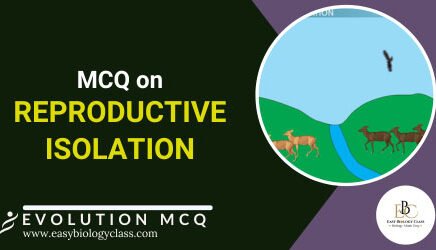
MCQ on Reproductive Isolation with Answers (PDF)
Reproductive isolation refers to mechanisms that prevent different species or populations from interbreeding and producing viable offspring. It is crucial for maintaining species boundaries and […]

Reproductive isolation refers to mechanisms that prevent different species or populations from interbreeding and producing viable offspring. It is crucial for maintaining species boundaries and […]
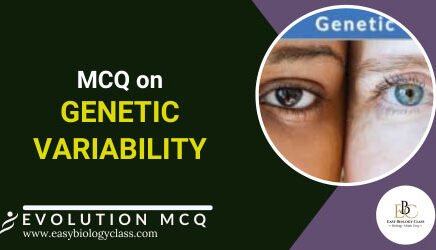
Genetic variability refers to the diversity in gene frequencies within a population, which leads to differences in the genetic makeup of individuals. It plays a […]

Lamarckism, also known as Lamarckian evolution, is an early theory of evolution proposed by Jean-Baptiste Lamarck. It suggests that organisms can pass on traits acquired […]
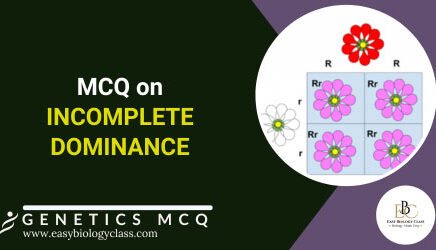
Incomplete dominance is a form of inheritance where the heterozygote exhibits an intermediate phenotype between the two homozygous forms. Unlike complete dominance, neither allele is […]
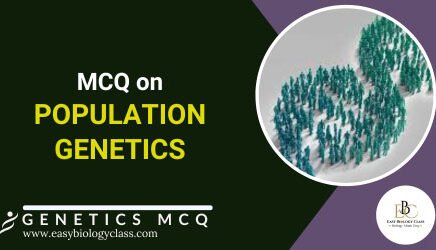
Population genetics is the study of the genetic composition of populations and how it changes over time due to evolutionary processes such as mutation, natural […]
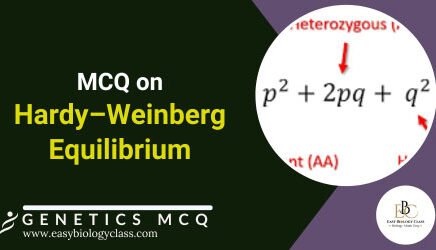
Hardy-Weinberg equilibrium is a principle that describes the genetic composition of a population when allele and genotype frequencies remain constant from generation to generation, provided […]
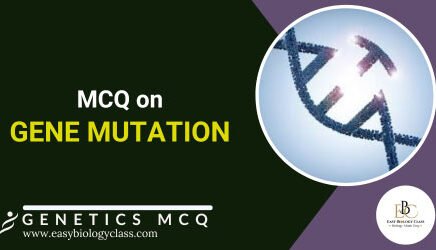
Gene Mutation refers to a permanent alteration in the DNA sequence that makes up a gene. Mutations can occur due to various factors, including environmental […]
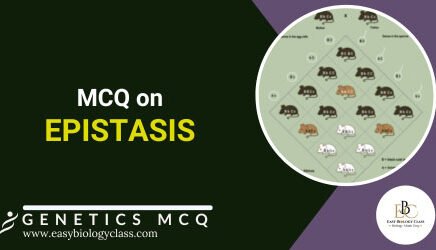
Epistasis is the phenomenon where the expression of one gene is affected by one or more other genes. This interaction can modify or completely mask […]

Genetics is the study of genes, heredity, and the variation of organisms. It explains how traits and characteristics are passed from parents to offspring through […]